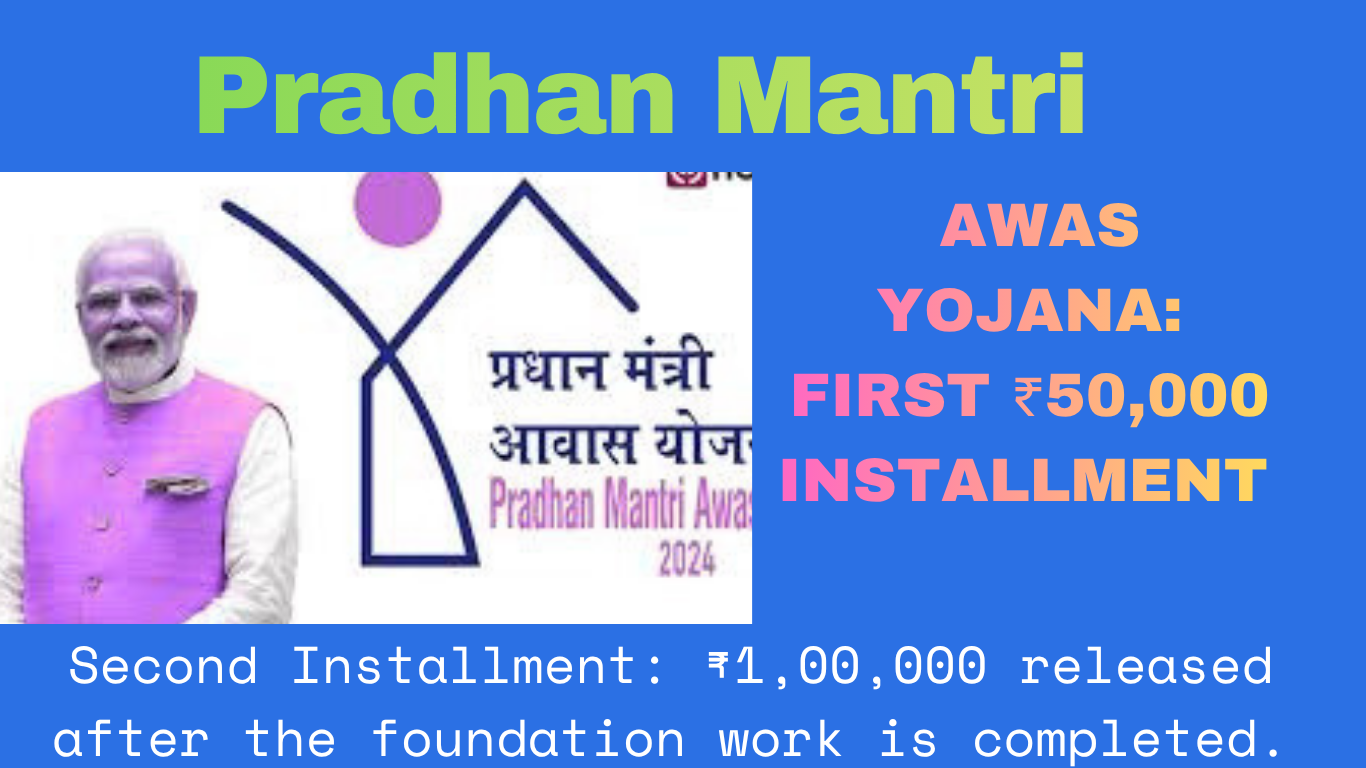Big changes are coming for Indian chartered accountancy (CA) firms — and they’re not just paperwork tweaks. For the first time, the Institute of Chartered Accountants of India (ICAI) is laying down a clear rulebook for how local firms can partner with global networks.
Why now? Well, because the old ways weren’t working. Let’s break down what’s happening, what’s at stake, and why every CA firm — big or small — should be paying attention.
Table of Contents
The Problem: Old Rules, New Reality
The Indian CA firms have been teaming up with global players for years, but mostly through informal partnerships. Think “network firms” — not technically merged, but closely aligned. These setups often flew under the radar because ICAI never had solid rules to regulate them.
The result? A grey area. Some firms grew fast. Others felt left out. And the whole ecosystem lacked transparency.
What’s New in ICAI’s Draft Framework?
In May 2025, ICAI approved a draft framework that lays out exactly how Indian CA firms can now collaborate with global networks — legally, transparently, and with ICAI oversight.
Here’s the short version:
1. You Must Register the Tie-Up
No more backdoor partnerships. If your firm is part of an international network — or wants to be — you’ll need to officially register that relationship with ICAI.
2. A Compliance Lead Is Required
Every firm entering a global partnership must name a senior partner as a nodal officer. Their job? Make sure the firm follows all ICAI rules and standards, both in India and abroad.
3. Annual Disclosures
Registered firms will have to submit a yearly report. That includes organizational structure, any changes to the partnership, and confirmation that ethical and auditing standards are being followed.
4. More Time for Mergers to Settle
Firms that merge under these new rules will now get 10 years (up from 5) to fully integrate and adjust operations — a welcome move for mid-size players.
5. Full Accountability
Firms must maintain ethical and legal standards — not just at home, but in every part of the global network they belong to. ICAI wants no weak links.
Why Is ICAI Doing This?
Let’s be real — this isn’t just about ethics and paperwork.
A. India Wants Global-Ready CA Firms
The government has long talked about building Indian audit and advisory firms that can stand toe-to-toe with the Big Four. This framework is part of that push.
B. Cleaning Up the Market
“Surrogate firms” — local outfits acting like global branches without being upfront — have muddied the waters for years. This brings everything into the light.
C. Better Standards, Fewer Loopholes
From ESG audits to forensic accounting, clients are demanding top-tier work. ICAI wants all Indian firms to meet those global expectations — and follow the same rules.
Not Everyone’s Thrilled
Some big global networks — think Deloitte, EY, PwC, and KPMG — are raising eyebrows. Here’s why:
- They Don’t Love the Extra Disclosures: The draft asks for detailed financial info, including how much is earned where, and who’s paying what. That’s sensitive stuff.
- The Definitions Are… Fuzzy: Terms like “constituent firm” and “network entity” aren’t crystal clear, and could create compliance headaches.
- Nodal Officer Burden: Having one person in India responsible for what happens globally? That’s a tough ask — maybe even legally tricky.
- Could Scare Off Smaller Firms: Mid-tier Indian CA firms looking to expand might think twice if the red tape gets too thick.
So What Does It Mean for CA Firms?
If you’re a CA firm with international ambitions (or already working with global names), this matters. A lot.
Let’s lay it out clearly:
| Impact | What You Should Do Now |
| Mandatory Registration | List out all global connections. Prepare for formal disclosure. |
| Nodal Officer Required | Pick a senior partner who understands compliance deeply. |
| Ethics & Governance Check | Make sure your firm aligns with ICAI’s Code of Ethics — no gaps. |
| Data Reporting Systems | Set up a system to track what’s needed for annual filings. |
| Stay Informed | ICAI draft is open for feedback. Speak up if something off. |
Big Picture: Why This Actually Matters
This move isn’t about slowing down growth. It’s about controlled acceleration.
ICAI wants Indian firms to expand — globally and with credibility. But without proper oversight, that growth risks losing legitimacy. This framework attempts to solve that balance: freedom to partner, but with accountability baked in.
And if done right? It could finally give India homegrown accounting powerhouses that play in the global big leagues.
But There’s a Catch…!
The rules, as they stand now, may need polishing. There’s a fine line between “raising the bar” and “raising a wall.” If ICAI leans too hard on disclosure demands or ambiguous terms, it could backfire. Global networks might pull back. Indian firms might stall.
That’s why the public feedback period matters. Firms and professionals need to speak up. Fast.
Final Thoughts
This is a pivotal moment for India’s accounting sector. The ICAI isn’t just making rules — it’s setting the stage for how Indian firms grow, partner, and compete around the world.
Will this draft be the launchpad Indian CA firms need? Or will it become a bureaucratic maze that stifles potential?
The answer lies in how well the final framework balances vision with practicality.
Stay updated with the latest news and alerts — follow us at racstar.in















